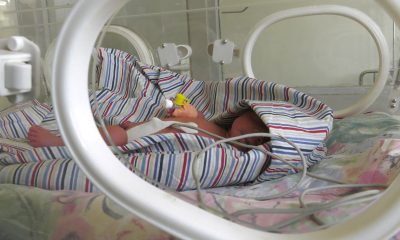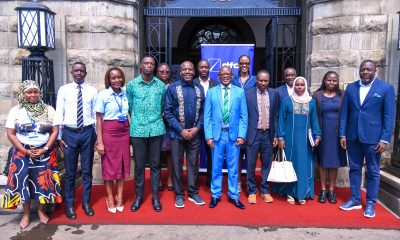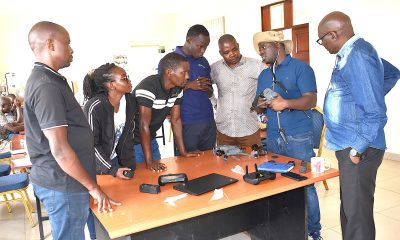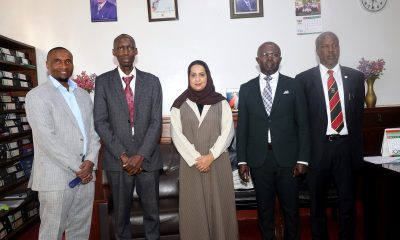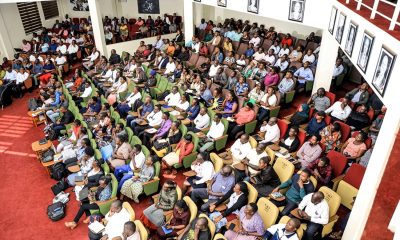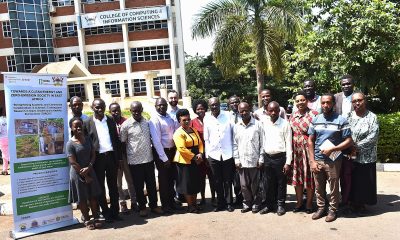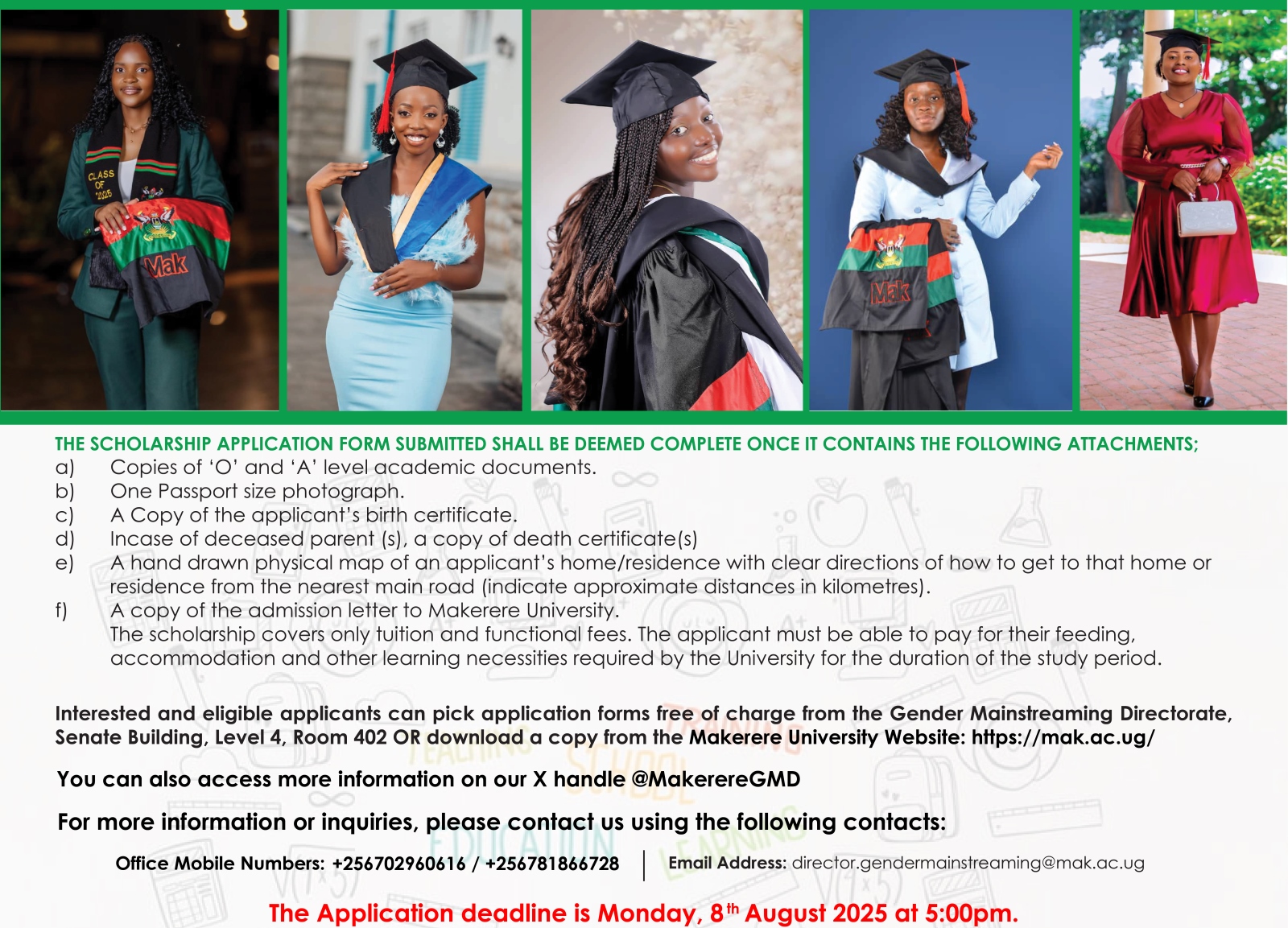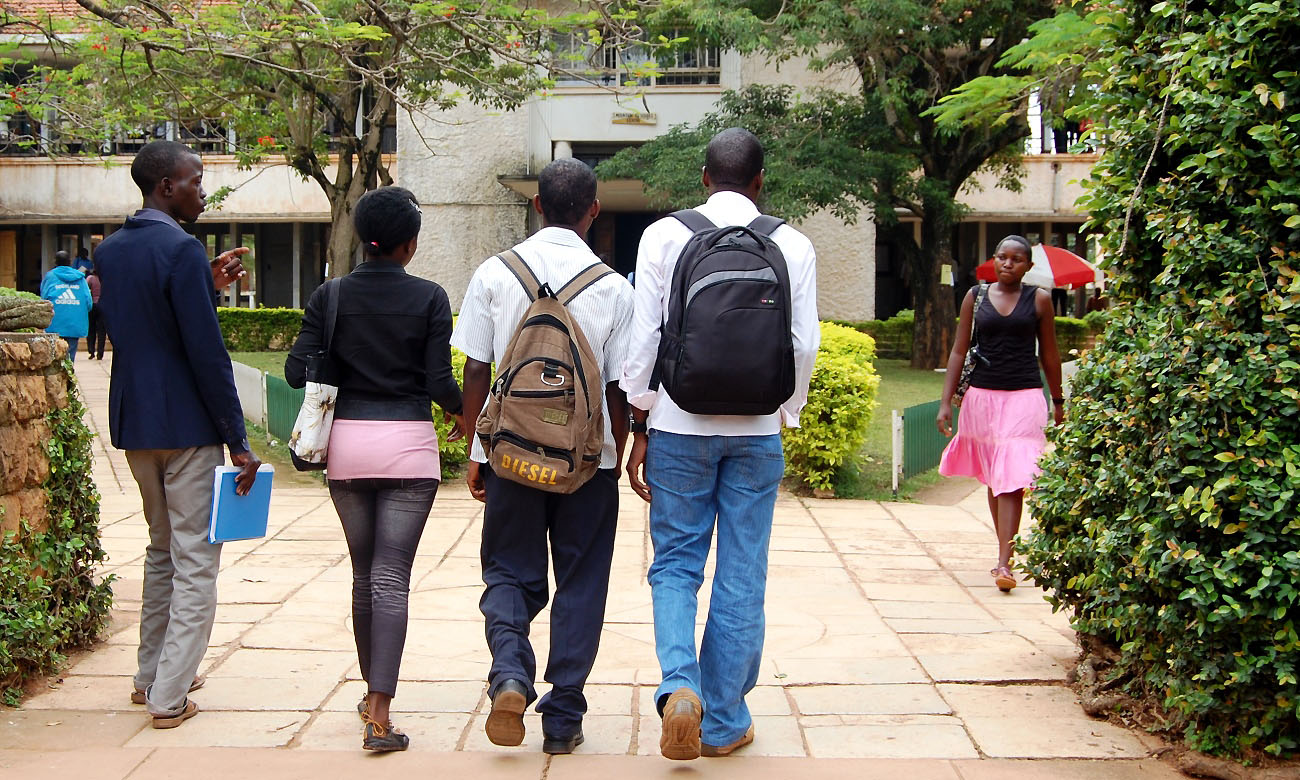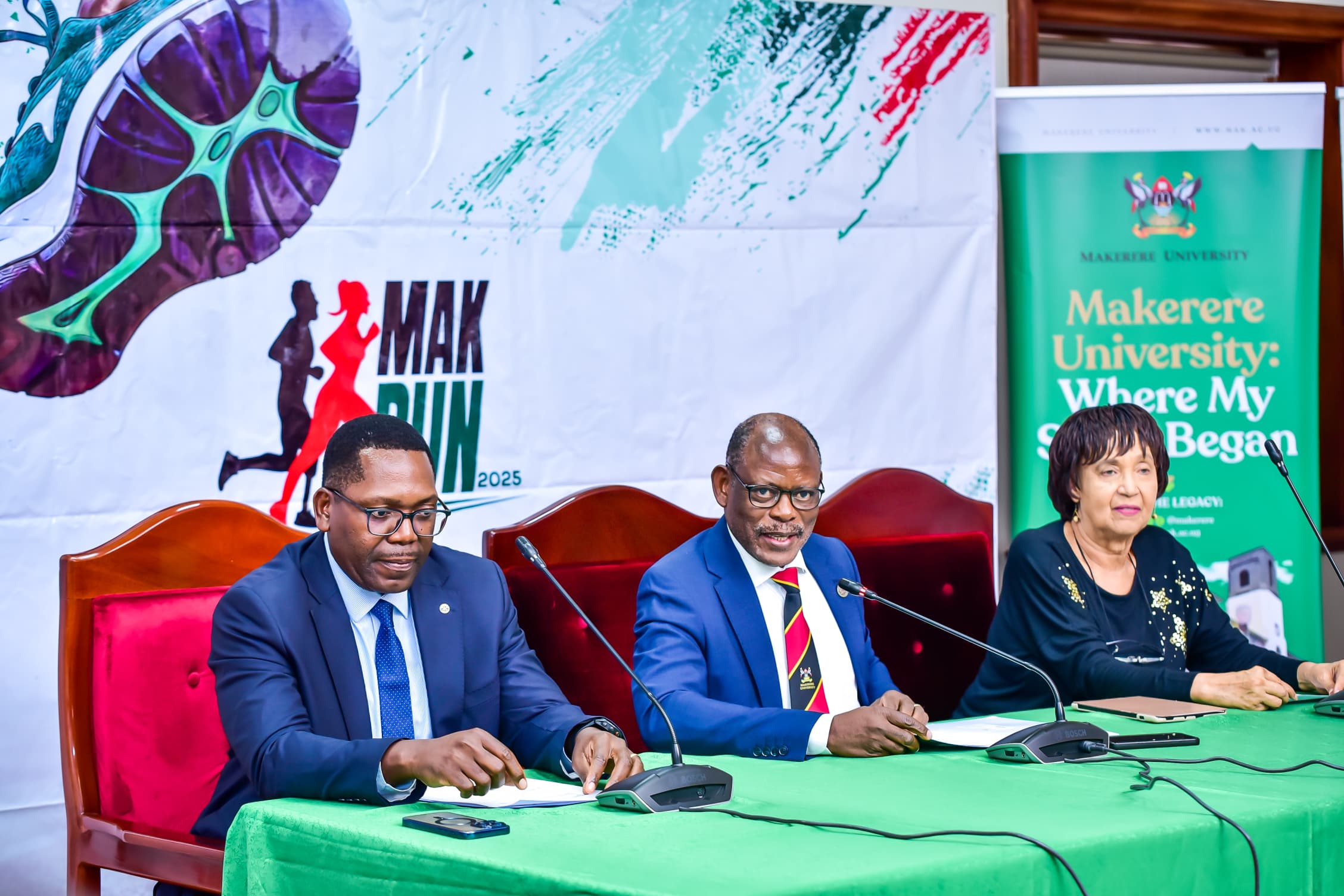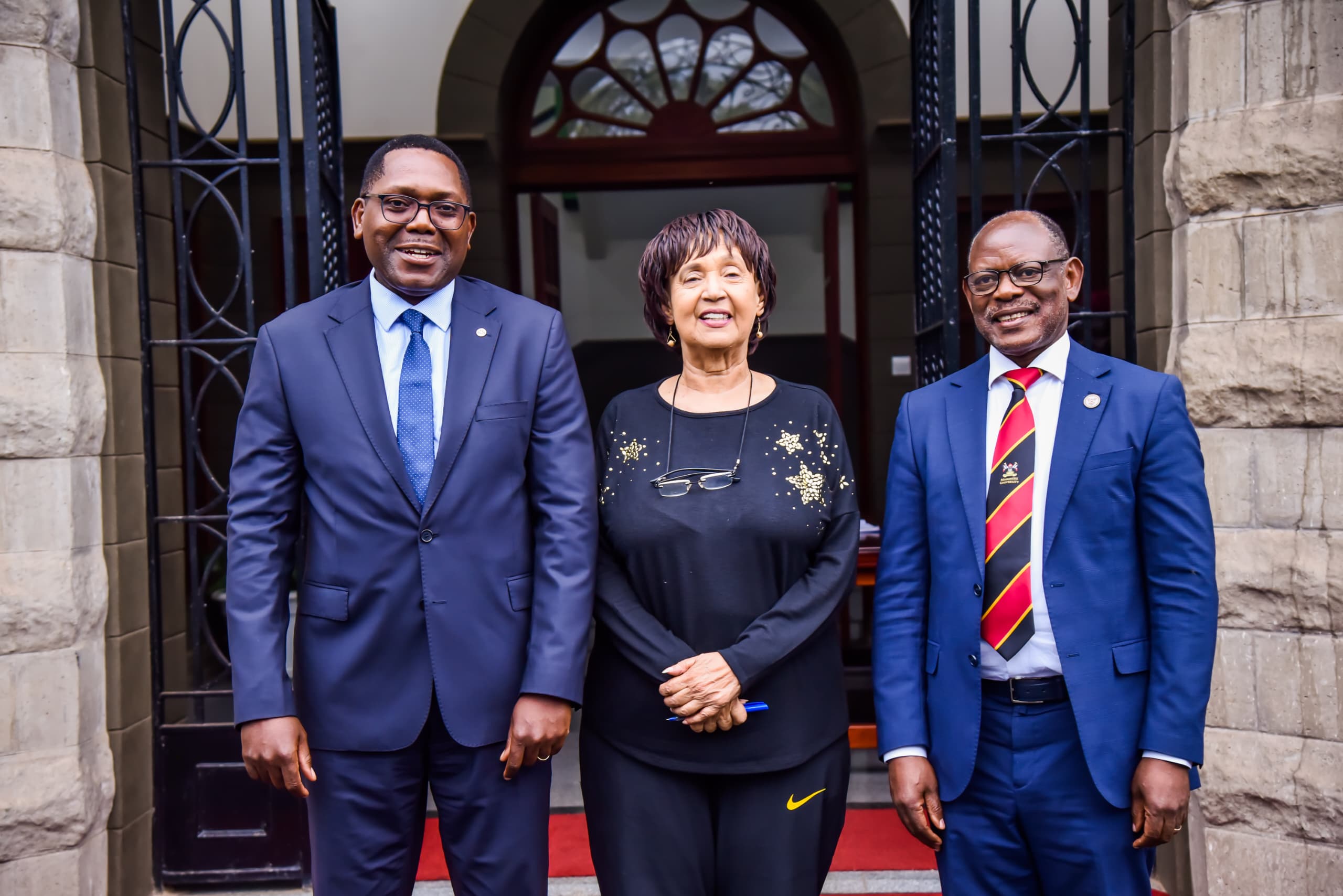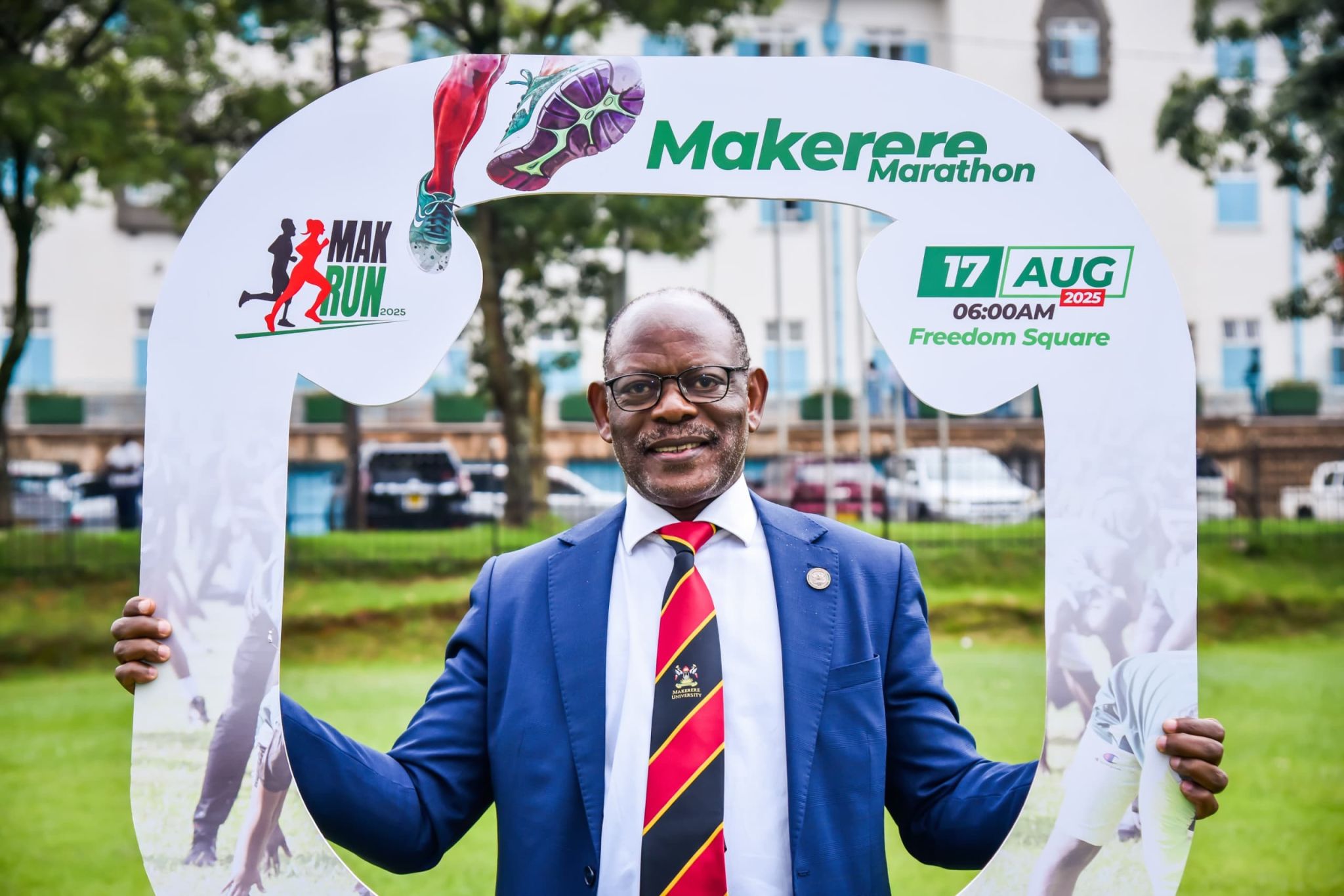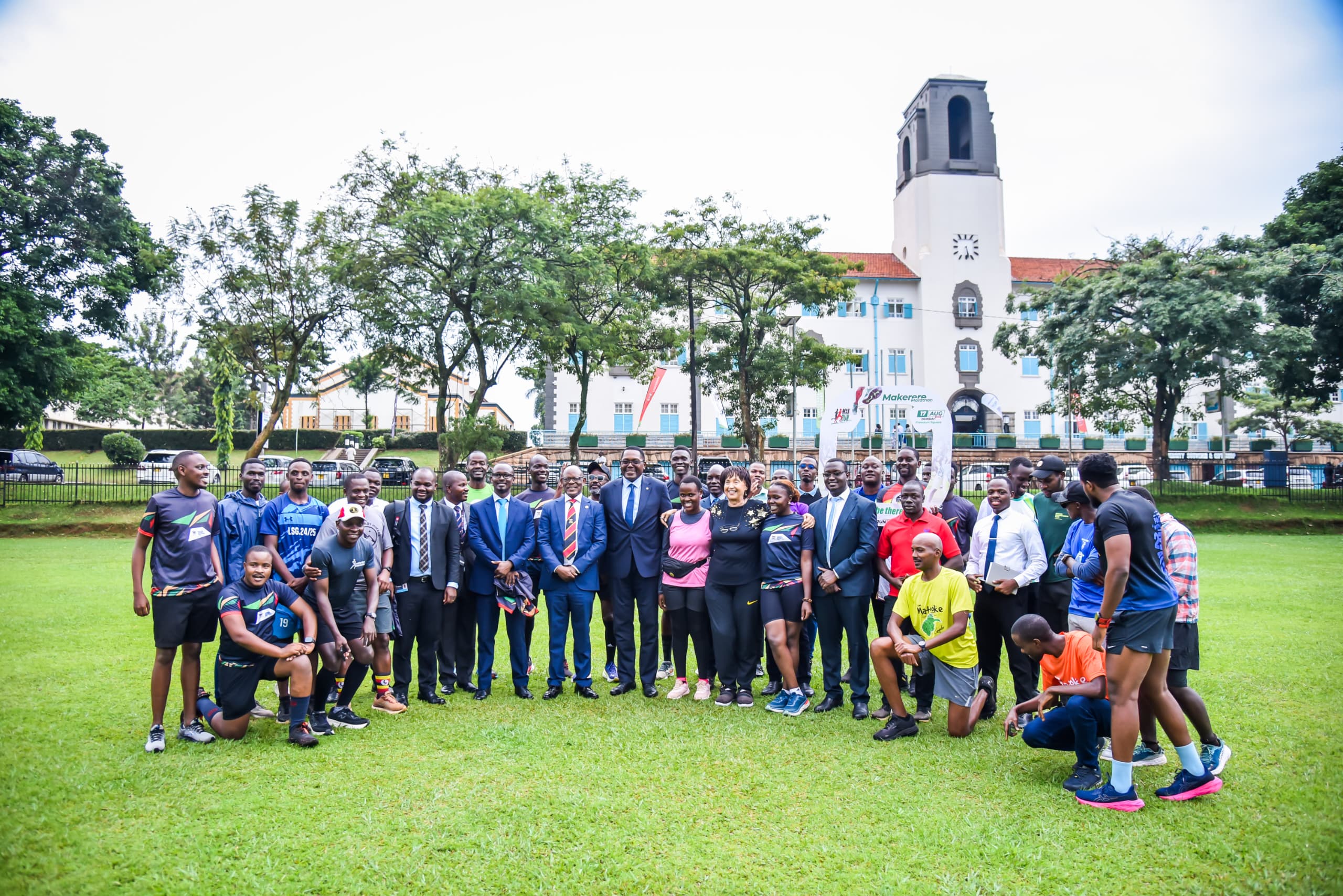The Inter-University Council for East Africa (IUCEA) hereby invites suitably qualified nationals of the East African Community (EAC) to apply for Cohort 3 of the KfW-funded Scholarships, to pursue Master’s studies in the EAC Partner State other than their own.
Opening date: 27th August 2021
Closing date: 24th September, 2021 not later than 17:00 hours, East African Time.
Thematic areas: 1) Mathematics, 2) Engineering, 3) Informatics, 4) Science, 5) Technology and 6) Business Science
Eligible applicants: Young Nationals (aged below 35 years) of the EAC Partner states (Burundi, Kenya, Rwanda, South Sudan, Tanzania and Uganda).
Duration of the Scholarship: 2 years
1. BACKGROUND
The EAC Scholarship Programme is an initiative of the East African Community (EAC) and the Federal Republic of Germany. The project begun in 2018 when the EAC Secretariat and IUCEA entered into a memorandum of understanding (MoU) with KfW (German Development Bank) geared towards the training of students within the EAC Region. This Project aims at creating future change agents, who identify themselves with the integration agenda of the EAC and are willing to share economic and development-oriented expert knowledge.
The goal of this initiative is to contribute towards training leaders that will foster the EAC Regional integration. This goal will be partly achieved through the establishment of academic collaboration and an exchange programme between universities/institutions within the EAC Region, by encouraging students to study in countries other than their own. In order to achieve these impacts, the project offers a comprehensive package including scholarships for Master’s programmes, internships, mentoring, networking events and further leadership training activities. The scholarship will support Master’s students in i) Mathematics, ii) Engineering, iii) Informatics, iv) Science, v) Technology and vi) Business Science programmes.
The students are required to apply to study in another EAC country (not their country of origin).
Women and persons with disabilities are encouraged to apply. This Programme will include a minimum of 30% female students and a special consideration will be given to Burundian and South Sudanese female applicants.
Programmes offered at Makerere University under COHORT 3
- Master of Public Infrastructures Management;
- Master of Science in Zoology, Entomology and Fisheries Science;
- Master of Science in Statistics;
- Master of Science in Technology, Innovation and Industrial Development;
- Master of Science in Mechanical Engineering; and
- Master of Science in Quantitative Economics.
How to apply for Masters offered at Makerere University
Visit the Makerere University’s Admissions URL https://apply.mak.ac.ug/ and generate a Payment Reference Number (PRN) by following the guide below.
2. Sign up using full name, e-mail and Mobile No. Please note that your name must be similar to the one on your supporting academic documents for your application to be considered valid.
3. A password will be sent to both your e-mail and mobile number.
4. The system will prompt you to change the password to the one you can easily remember.
5. To fill a form the applicant clicks on the APPLY NOW button displayed on the appropriate scheme i.e. Postgraduate and Taught PhD or PhD Research
6. Obtain a payment advice slip by clicking on “Pay for Form” button7. Make a payment at any of the following Banks:
(a) Stanbic
(b) Post Bank
(c) Centenary Bank
(d) DFCU Bank
(e) UBA Bank
8. Print 2 copies of the filled biodata form and attach 2 certified copies of your academic documents, 2 copies of all other relevant academic documents, 2 passport photos and the three referees’ letters of recommendation.
9. Submit in office No. 307; level 3 Senate Building Or email scanned copies of the mentioned documents to drgt(@)rgt.mak.ac.ug.
PROCEDURE FOR OBTAINING A PAYMENT REFERENCE NUMBER FOR PAYMENT OF APPLICATION FEES
i) Go the payment reference site: https://payments.mak.ac.ug
ii) Fill in your name;
iii) Fill in your email;
iv) Fill in your telephone number – Go to the next
v) Click on the option number;
vi) Application fee = UGX 50,000 (East African applicants) or UGX 151,500 (International Applicants)
vii) the pay reference number
viii) Go to the Bank and pay. For foreign applicants, application fees can be transferred either by EFT or any other means in UGX to a designated URA collection account in Bank of Uganda as follows:
- Account Name: UGANDA REVENUE AUTHORITY COLLECTIONS
- Account No: 003410158000002
- Swift Code: UGBAUGKAU
Please see Downloads for the detailed Call for Applications.
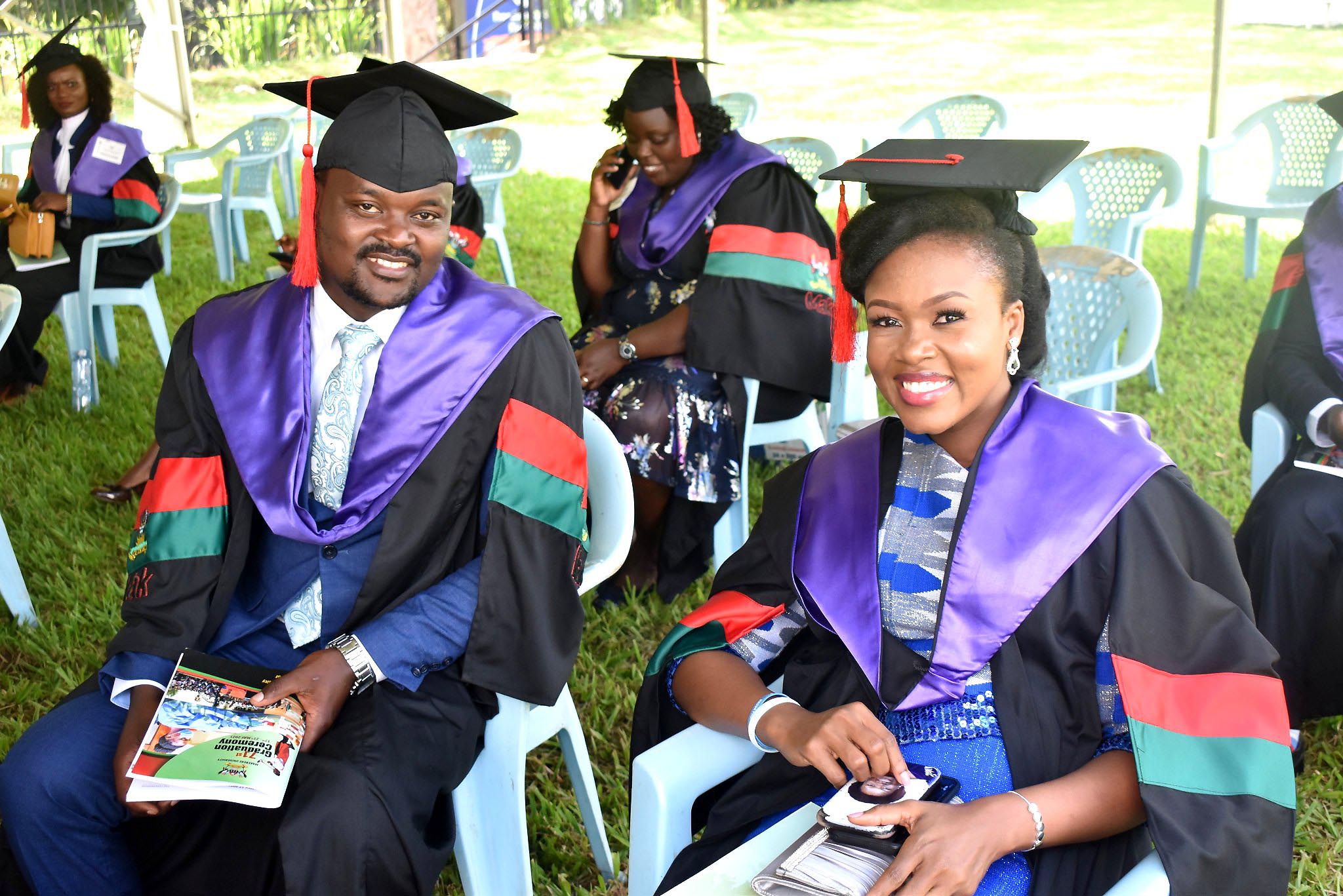

 Education1 week ago
Education1 week ago
 General2 weeks ago
General2 weeks ago
 General7 days ago
General7 days ago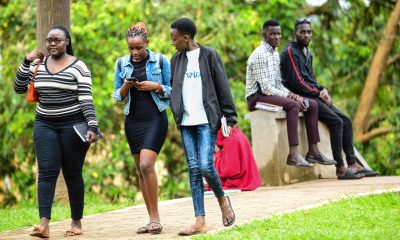
 General2 weeks ago
General2 weeks ago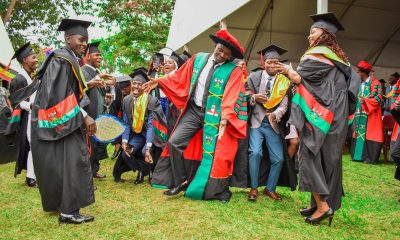
 General2 weeks ago
General2 weeks ago
